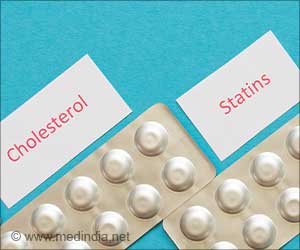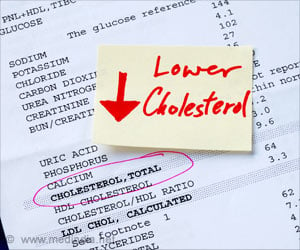Previous claims that statins might reduce the risk of colon cancer have been slashed by new studies.
In the first 27 trials of statins for cardiovascular disease of 87,000 participants were analyzed and found no reduced incidence of colorectal cancers and a variety of other cancers in people who took the drugs when compared with those who didn't.The other also had similar results and found no reduced incidence for those who took statins in the 132,136-strong Cancer Prevention Study II Nutritional Cohort.
According to C. Michael White, a professor of pharmacology at the University of Connecticut those studies "had a lot of methodological flaws,". His analysis of the 27 trials appears in the Jan. 4 issue of the Journal of the American Medical Association. "In our study we did a meta-analysis of all the trials, and were not able to show any reduction in cancer or in cancer deaths," he said.
Most of the people in those trials were taking a single drug, pravastatin (Pravachol), "but when we looked at other statins, we couldn't come up with a mixture that suggested there might be a protective effect," he said.
Eric J. Jacobs, an epidemiologist with the American Cancer Society, appears in the Jan. 4 issue of the Journal of the National Cancer Institute conducted the second study and again, their finding was negative: "Our results do not support the hypothesis that statins, as a class of drugs, strongly reduce risk of colorectal cancer," they wrote.
The two studies are "consistent and complementary," Jacobs said. "They are consistent in that both show no effect on colon cancer risk. They are complementary in that the meta-analysis was able to look at varieties of statins, whereas our study was able to look at longer-term use."
Advertisement
An essential step for men and women over 50 is to talk to a doctor about a colon cancer-screening test to detect polyps that can be removed before they become cancerous, Jacobs said.
Advertisement











